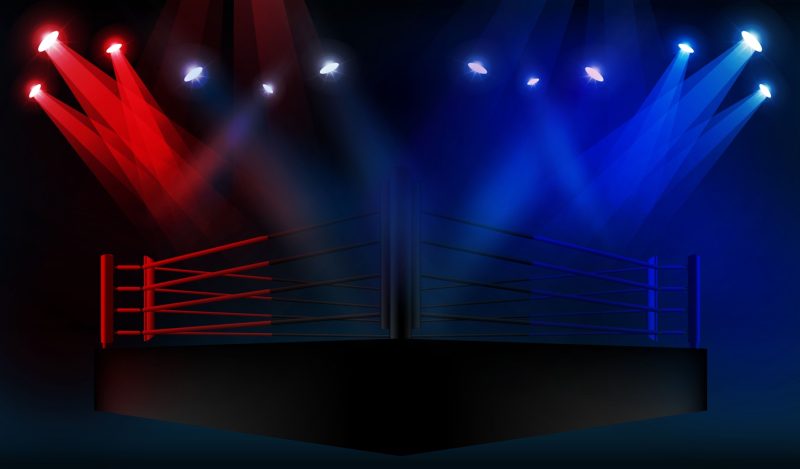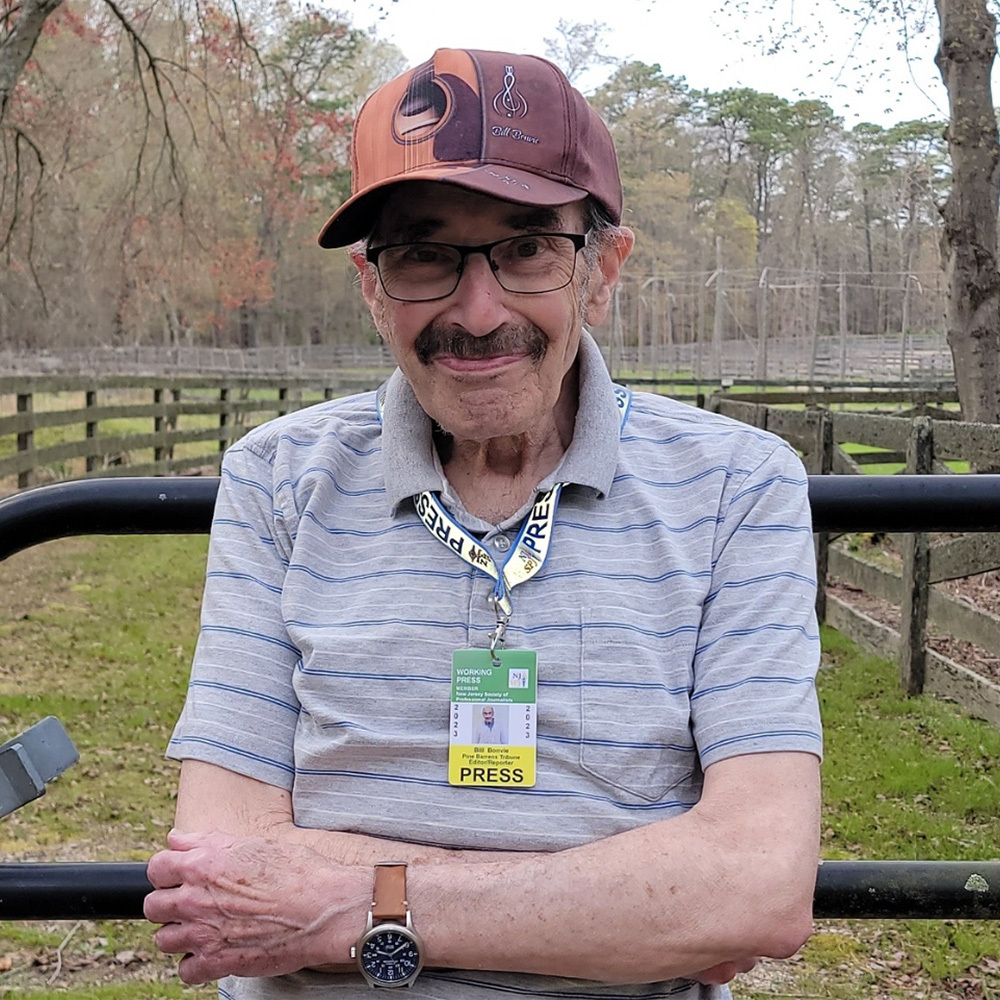Every so often, a narrative plays out on the national or international stage that can only be described as “Kafkaesque”—a term, according to Merriam-Webster, that refers to anything that might be “suggestive of Franz Kafka or his writings; especially, having a nightmarishly complex, bizarre, or illogical quality.”
A quite recent echo of one of the iconic early 20th-century writer’s more bizarre literary creations can be found, I believe, in the experiences of two of the top participants in this summer’s Paris Olympics. Rather than evoking one of his more celebrated works, like The Trial or the sci-fi-style short story, “The Metamorphosis,” what they brought to mind was a somewhat lesser-known tale of his called “In the Penal Colony,” which describes the final episode of a sadistic practice carried out on an island used for that purpose overseen by bureaucrats involving an elaborate execution device that slowly tortures its subjects to death by inscribing the name of their capital offense—in this case, disobeying and disrespecting a superior—on their body over a 12-hour period, during which the victim has ample time to decipher and understand the nature of his crime.
As the story unfolds, a traveler who has been invited to witness such a procedure and even offer an opinion about it becomes aware of just how far out of favor it has fallen with both the island’s administrator, who inherited it, and its population that as he watches, the officer charged with overseeing it frees the condemned man and takes his place, substituting the inscription with one that says, “Be just,” at which point the now-defective machine immediately kills him.
But it is in Kafka’s description of how this devilish device and its being used to make examples of rulebreakers goes from mesmerizing the island’s inhabitants to ostensibly losing its hold on them, culminating in the officer’s decision to sacrifice himself, that it becomes applicable to contemporary events, as reflected in the separate yet related sagas of those two aforementioned champion athletes.
“This process and execution, which you now have an opportunity to admire, have no more open supporters in our colony,” he confides to the traveler. “I am its only defender…When the Old Commandant was alive, the colony was full of his supporters. I have something of the Old Commandant’s persuasiveness, but I completely lack his power, and as a result, the supporters have gone into hiding. There are still a lot of them, but no one admits to it.”
So what, you might ask, is the correlation between this strange century-old morality tale and the separate trials and triumphs of those two aforementioned competitors?
First, there was the victory of Serbian tennis star Novak Djokovic, who, despite coming off a bad year and having had knee surgery just weeks before, rallied to win his first Olympic gold medal at 37, beating a much younger competitor.
But overcoming those physical hurdles was just part of the challenge Djokovic had to confront. Only a couple of years earlier, his career would well have been ended by bureaucrats intent on keeping him from entering major competitions in both Australia and the US by literally keeping him out of both countries because he had failed to abide by their rules requiring Covid vaccinations, because, having realized, along with some other athletes, that an adverse reaction could put his ability to play in jeopardy.
Where Australia was concerned, he had already been granted an exemption by virtue of having tested positive for the coronavirus, but one that the country’s hardline government chose to override, claiming his unvaccinated presence posed a threat to its “health and good order,” with Prime Minister Scott Morrison welcoming “the decision to keep our borders strong and keep Australians safe.”
In the US, the requirement oddly applied only to foreigners, but the effect was the same. It also played into a steady stream of propaganda from TV celebrities and even newscasters heaping scorn on those who resisted getting the “warp speed” emergency use vaccines, including an attempt by President Joe Biden to literally scapegoat such individuals for the failure of the pandemic to disappear on the schedule promised by the health bureaucracy.
But despite such state-sanctioned attempts to whip up popular sentiment against so-called “anti-vaxxers,” both bans ended up being lifted, with the still-unvaccinated Serbian tennis star allowed back in Australia a year later and scheduled to compete in the US Open later this month.
Perhaps even more of an indicator that the popular hysteria of the early pandemic years against those who wouldn’t take the “jabs” is fast dissipating like a pall of smoke, however, is what happened at the Olympics when American sprinter Noah Lyles, known as the “world’s fastest man,” came down with an actual case of Covid two days before his big race that nearly put him out of commission, although he doggedly insisted on toughing it out to win a bronze medal before collapsing and having to be taken away in an improvised wheelchair.
Not all that long ago, it would have been virtually unthinkable that anyone would be allowed to compete in any sort of athletic event while actually infected with the dreaded Covid virus. Not when Americans, Canadians, Europeans, and other members of First World societies were being shunned, shamed, and ordered to stay out of public venues if they hadn’t availed themselves of the “protection” the shots supposedly provided (which ultimately turned out to be pretty much nonexistent, despite unsubstantiated claims that the vaccine had somehow has saved the lives of “millions of people.”)
In this summer’s Olympic games, however, having those shots seemed to have gone from being a draconian “requirement” to a mere “recommendation.”
In fact, Jonathan Finnoff, chief medical officer at the US Olympic & Paralympic Committee, is reported by USA Today to have said that there would be no official isolation or quarantine period imposed on athletes who have tested positive for a respiratory illness of any kind, including Covid, but that they will be moved into their own rooms to prevent the spread of infectious diseases between roommates. “It doesn’t mean [infected athletes] can’t train or compete,” Dr. Finnoff is quoted by the newspaper as saying.
Finnoff also noted that while his organization still strongly recommended that athletes stay up to date on Covid vaccinations and boosters, the decision on whether or not to get any is theirs alone to make. This may explain why none of the coverage of Lyles’s ordeal even mentioned whether he’d had any of the shots involved, either in the past or recently.
All of which is a far cry indeed from those chilling days of yesteryear when Americans were regularly admonished by familiar figures in show business and politics that if they failed to roll up their sleeves to receive these inadequately vetted vaccines, which have since been associated with all manner of ill effects, to say nothing of premature deaths from sudden cardiac issues, they were failing in their basic civic obligations to society, as well as their families and friends. So worthy of condemnation were such individuals deemed that late-night TV host Jimmy Kimmel even went so far as to suggest they should be denied emergency medical care in hospitals.
But then, as the officer in Kafka’s dreamlike narrative explains to the traveler, “The basic principle I use for my decisions is this: Guilt is always beyond a doubt.”
“Of course,” he notes in recalling the spectacle of the machine torturing and executing a rulebreaker, “there is the noise of applause everywhere, universal agreement,”
“I know it is impossible to make someone understand those days now,” he says almost wistfully.
And, as the traveler subsequently discovers upon visiting the now obscure gravestone of the Old Commandant, the desire to bring back the impulses that gave rise to that controlling time may still be lurking in the hearts of some of the islanders.
For there, in very small letters, is an inscription that reads: “Here rests the Old Commandant. His followers, who are now not permitted to have a name, buried him in this grave and erected this stone. There exists a prophecy that the Commandant will rise again after a certain number of years and from this house will lead his followers to a re-conquest of the colony. Have faith and wait!”
Just as there are undoubtedly also those who would like nothing better than to resurrect the Kafkaesque penal colony that, for a couple of not-quite-believable years during the onset of our current decade, the totality of Western Civilization was somehow allowed to take a shot at transforming itself into.
Join the conversation:


Published under a Creative Commons Attribution 4.0 International License
For reprints, please set the canonical link back to the original Brownstone Institute Article and Author.









